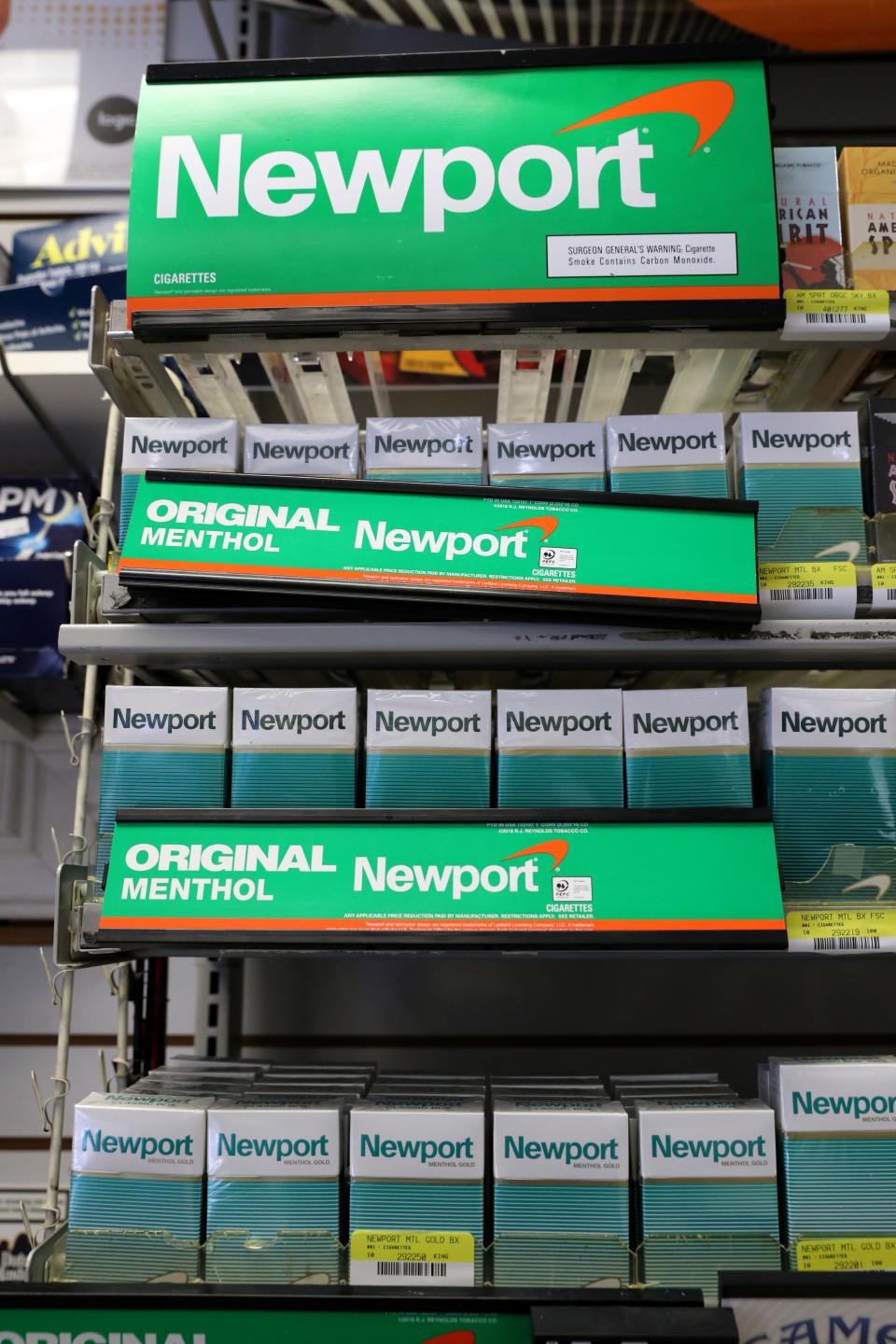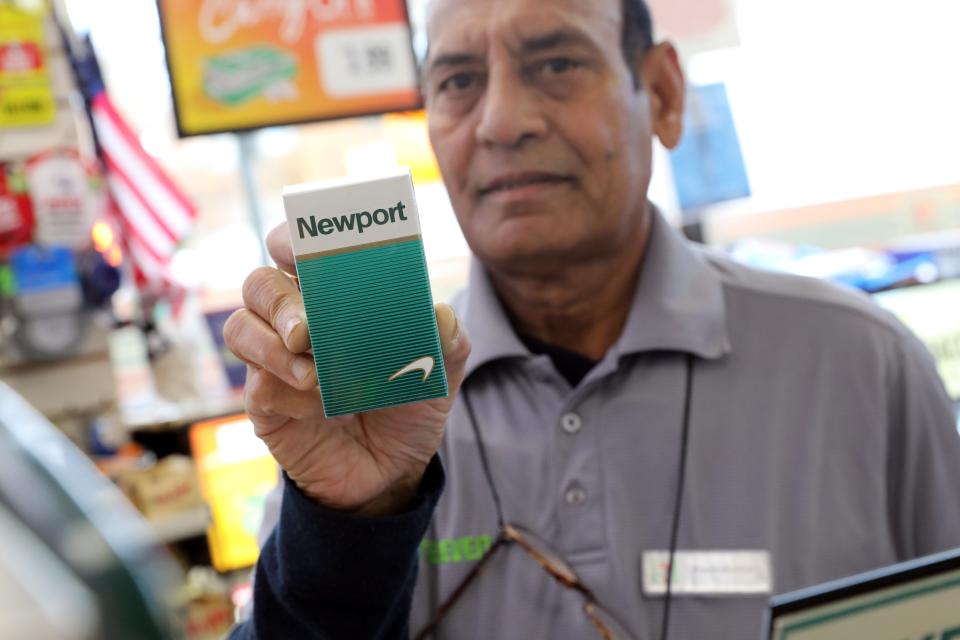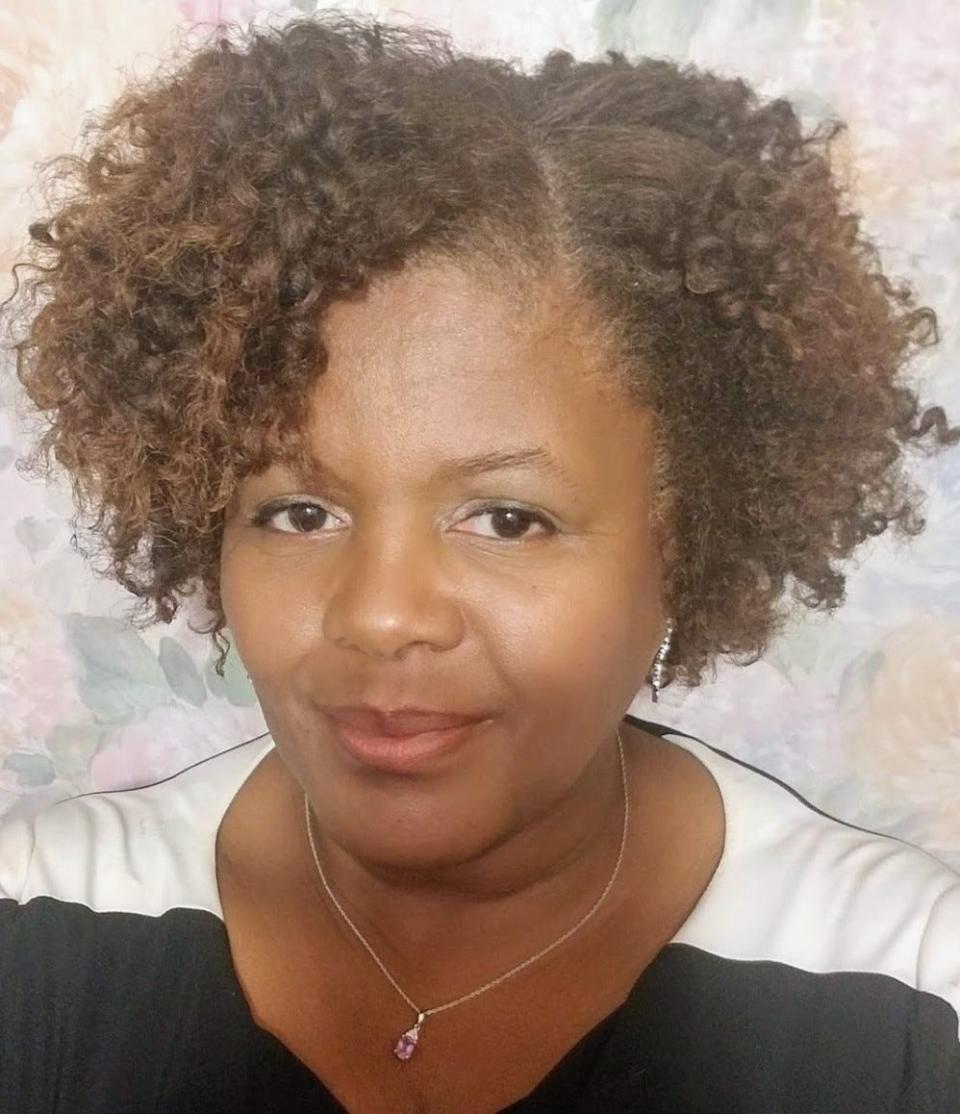Westchester votes to ban menthol, flavored tobacco: What it means, why some oppose it
Westchester would become New York’s first county to ban flavored tobacco, including popular menthol cigarettes, under a law passed Monday night by the county Board of Legislators.
The law now goes to County Executive George Latimer, who could veto the measure, sign it, or let the law take effect without his signature.
The action in Westchester comes almost two months after Washington, D.C.’s flavored tobacco ban went into effect, and three weeks after California voters approved a statewide ballot question opposed by the tobacco industry that upheld a 2020 law passed by the state legislature.

Passage of the bill followed months of discussion, scores of comments at public hearings, and accusations that the bill targeted Black smokers, who in large numbers prefer menthol cigarettes over unflavored tobacco products.
The ban would include flavored tobacco that smokers light up in hookahs in local smoke shops, flavored pipe tobacco and flavored cigars, such as cigarillos, that have proven popular among young smokers.
In favor: Ban flavored tobacco sales in Westchester
Against ban: Allow flavored tobacco to remain for sale in Westchester
NAACP chair: Ban won't criminalize possession of flavored tobacco
Among the supporters was Legislator MaryJane Shimsky, D-Hastings-on-Hudson, who said she began smoking menthol cigarettes in high school, became addicted to nicotine, and finally quit after several attempts, 15 years later.
“I first tried Marlboros, but got sick to my stomach,” she said. “Then a friend taught me the wonders of menthol. I learned that people who are smoking are not free agents. They have been purposely addicted by an industry that is really a death trap.”
Adding menthol to cigarettes tempers the harshness of combustible tobacco, making it easier to inhale, which helps hook first-time smokers.
Several Black residents, however, said the legislation unfairly targeted the tobacco products their community favored. The U.S. Food and Drug Administration has reported that 85% of Black smokers use menthol cigarettes, compared to 30% of white smokers.
Among those opposed to the ban was Gwen Carr, the mother of Eric Garner, who was choked to death by a police officer in 2014 on Staten Island after he was detained for selling black market cigarettes, called "loosies."
“You are targeting the Black and Brown communities,” said Carr, who spoke at Monday night’s meeting. “I think this is a racist bill because they only talking about menthol cigarettes. Why don’t you ban all cigarettes? You aren’t touching 'Marlboro Country.'”
Damon Jones, publisher of Black Westchester, said Westchester instead needed to beef up enforcement of laws that prohibit the sale of tobacco products to those under 21. He said the proposed law would provide a boost to the black market for tobacco products.
“I’m appalled sitting here, listening to Black people endorse a bill that punishes Black people in Westchester County,” he said. “We’ve made a new hustle: black market cigarettes.”
How the ban would work
Enforcement of the ban would be conducted by inspectors of the Westchester County Department of Health, which could issue violations to shops selling the flavored tobacco products.
Possession or use of flavored tobacco products would not be illegal, which means local law enforcement officers could not detain someone under suspicion of using a banned product.
The ban would go into effect six months after it is finalized.
'A leader' in health trend
Trevor Summerfield, director of advocacy for the American Lung Association in New York, said Westchester County’s action would make it a statewide leader in the fight against tobacco use, seen as the nation’s top preventable cause of death.
Studies show young people, ethnic minority groups, LGBTQ+ people, and women and more likely to smoke menthol cigarettes.
“Westchester has an opportunity to be a leader in getting these products off the shelves, sooner rather than later,” said Summerfield. “First and foremost, there’s the health benefits that come from not luring kids to get hooked on a product that can degenerate their health over a lifetime."

It’s been 11 years since the FDA scientific advisory committee recommended flavored tobacco products be removed from the marketplace.
Now the FDA is wading through 250,000 comments following a 90-day comment period on the rule that ended in August, warning it will take “ample time” to review and analyze all the comments before taking action. Experts say that could take several years.
Massachusetts passed the first statewide flavored tobacco ban in 2020, but many Massachusetts towns exempt menthol cigarettes, as did New York City, when it banned flavored vaping products. About 350 municipalities in the US have a flavored tobacco ban, including the town of Manheim in upstate New York.
The city of Yonkers banned flavored e-cigarettes in 2019.
'Premier choice for new smokers'
Sponsoring the flavored tobacco law was Legislator Jewell Williams Johnson, D-Greenburgh, who said her grandmother died of lung cancer in her 80s after smoking a pack of Virginia Slims each day for decades.

Johnson said the flavored tobacco products are especially popular among youths and young adults, providing a gateway into what could become an unhealthy lifelong addiction.
“The advertising on smoke shops often have advertising that’s geared toward children,” she said.
Ava Meng, a youth advocate, said she started smoking menthol cigarettes as a teen. She noted studies show 80% of young adults who smoke started with a flavored tobacco product.
"They are the premier choice for new smokers," she said. "You need to put an end to the sale of these deadly products to prevent even just one more young person from becoming another statistic. I almost became one of those statistics."
Who may be hurt by ban
The vote Monday night capped months of discussion, which included opposition from the owners of convenience stores where the preponderance of cigarettes are sold. The Centers for Disease Control and Prevention reports menthol cigarettes comprise 37% of U.S. cigarette sales.
Mike Smith, president of Teamsters Local 810, said that the ban would hurt his members, who drive trucks that deliver tobacco products in the county. He doubted the ban would stop anyone from smoking.
"We need to talk about education, rather than patting yourself on the back with a law that won't do anything," he said. "All it will do is take away jobs from American workers."
On Tuesday, the New York Association of Convenience Stores, which represents 445 small businesses with 5,600 workers in Westchester, called on Latimer to veto the ban, saying it would have little meaningful health impact. The letter noted that the products would be readily available in Putnam and Rockland counties as well as New York City.
"Consumers will readily make the trip to access the products they want, leaving Westchester County retailers with dramatic drops in sales and no public health benefit," wrote association president Ken Sopris.
The ban would go into effect in six months, theoretically giving store owners time to introduce new products to make up for the loss of menthol cigarette sales.
The flavored tobacco ban passed by 11-6. Those opposing the ban were legislators Margaret Cunzio, C-Mount Pleasant; James Nolan, R-Yonkers; David Tubiolo, D-Yonkers; Ben Boykin, D-White Plains; Tyrae Woodson-Samuels, D-Mount Vernon; and Terry Clemens, D-New Rochelle.
Woodson-Samuels said he’d rather see increased enforcement of state tobacco laws that ban the sales of cigarettes in the thriving underground market for tobacco products.
“My community wasn’t involved in this discussion,” said Woodson-Samuels. “History shows us that bans don’t work. Why not enforce the laws already on the books?”
But Johnson, who was the driving force behind the legislation, said the ban will undo decades of marketing by the tobacco industry in minority communities that made menthol cigarettes the tobacco of choice.
“There’s a history of exploitation of communities of color by tobacco companies,” she said. “We need to stop the gateway into the addiction to tobacco products.”
Follow David McKay Wilson on Twitter @davidmckay415.
Subscribers can sign up for his weekly newsletter. Read his columns in the lohud.com archives
This article originally appeared on Rockland/Westchester Journal News: Westchester's menthol, flavored tobacco ban vote: What it means

